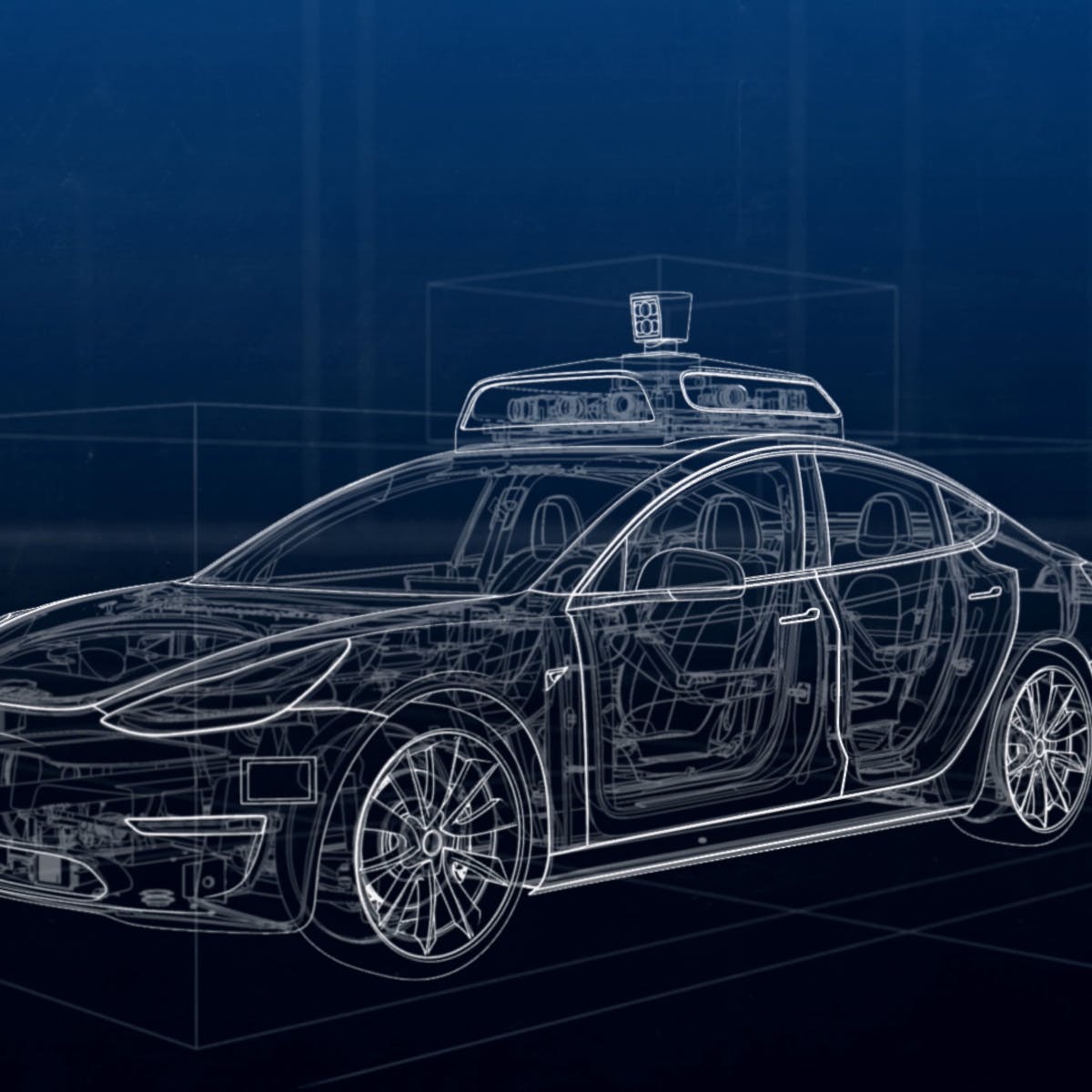Introduction to Self-Driving Cars

Coursera Review
Location
Online(Course Link)
Dates
On Demand
Course Categories
Others
Certficate
Yes(Certificate of Completion)
Language
English
Course Fees
US Dollar 79 (Check Course Page for Last Price)No. of Attendant
Unlimited
Acquired Skills/Covered Subjects
- Understand commonly used hardware used for self-driving cars,Identify the main components of the self-driving software stack,Program vehicle modelling and control,Analyze the safety frameworks and current industry practices for vehicle development
| Provider Name | Coursera |
|---|---|
| Training Areas |
|
| Website | https://coursera.org/ |
| About The Provider |
Coursera is
an American online learning platform founded by Stanford professors Andrew Ng and Daphne Koller that
offers massive open online courses (MOOC),
specializations, and degrees. Coursera works with universities and other organizations to offer online courses, specializations, and degrees in a variety of subjects, such as engineering, humanities, medicine, biology, social sciences, mathematics, business, computer science, digital marketing, data science, and others.
Coursera courses last
approximately four to ten weeks, with one to two hours of video lectures a
week. These courses provide quizzes, weekly exercises, peer-graded assignments,
and sometimes a final project or exam. Courses are also provided
on-demand, in which case users can take their time in completing the course
with all of the material available at once. |
This course will introduce you to the terminology, design considerations and safety assessment of self-driving cars. By the end of this course, you will be able to:
- Understand commonly used hardware used for self-driving cars
- Identify the main components of the self-driving software stack
- Program vehicle modelling and control
- Analyze the safety frameworks and current industry practices for vehicle development
For the final project in this course, you will develop control code to navigate a self-driving car around a racetrack in the CARLA simulation environment. You will construct longitudinal and lateral dynamic models for a vehicle and create controllers that regulate speed and path tracking performance using Python. You’ll test the limits of your control design and learn the challenges inherent in driving at the limit of vehicle performance.
This is an advanced course, intended for learners with a background in mechanical engineering, computer and electrical engineering, or robotics. To succeed in this course, you should have programming experience in Python 3.0, familiarity with Linear Algebra (matrices, vectors, matrix multiplication, rank, Eigenvalues and vectors and inverses), Statistics (Gaussian probability distributions), Calculus and Physics (forces, moments, inertia, Newton's Laws).
You will also need certain hardware and software specifications in order to effectively run the CARLA simulator: Windows 7 64-bit (or later) or Ubuntu 16.04 (or later), Quad-core Intel or AMD processor (2.5 GHz or faster), NVIDIA GeForce 470 GTX or AMD Radeon 6870 HD series card or higher, 8 GB RAM, and OpenGL 3 or greater (for Linux computers).



